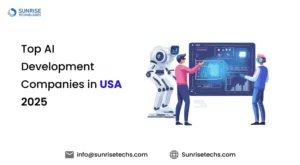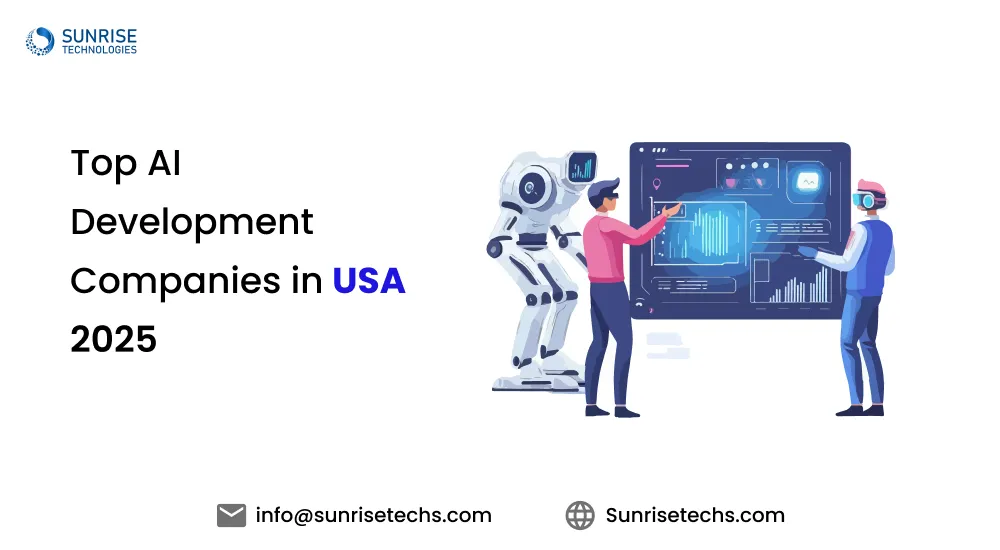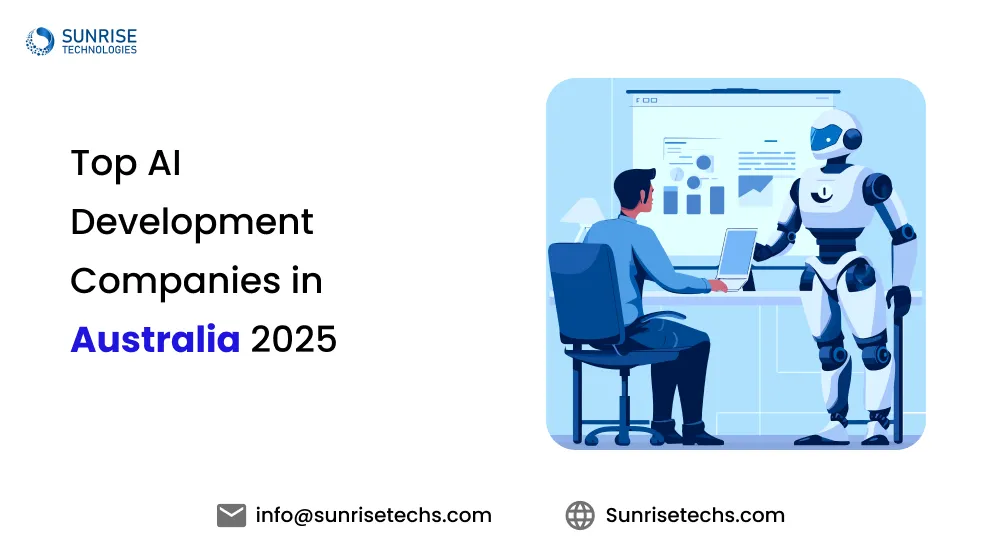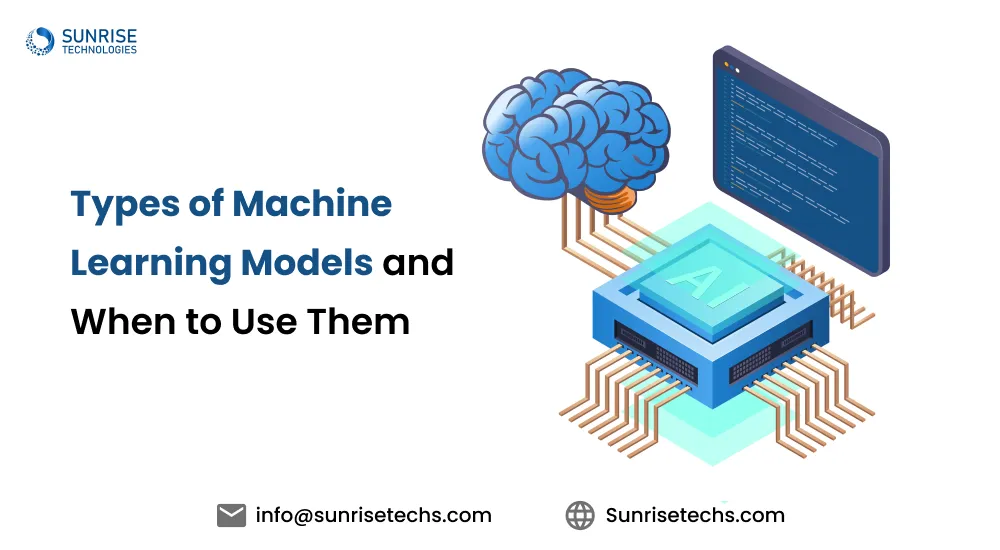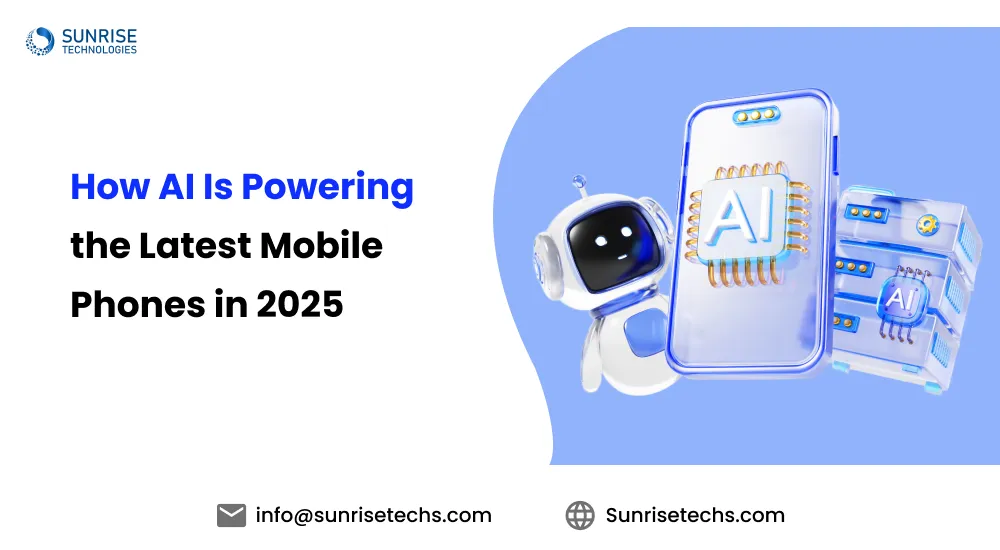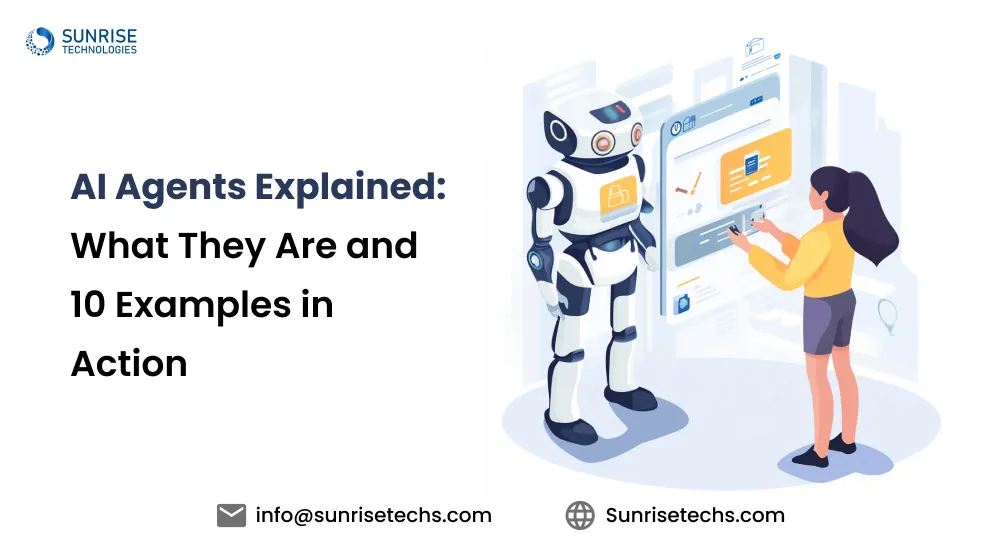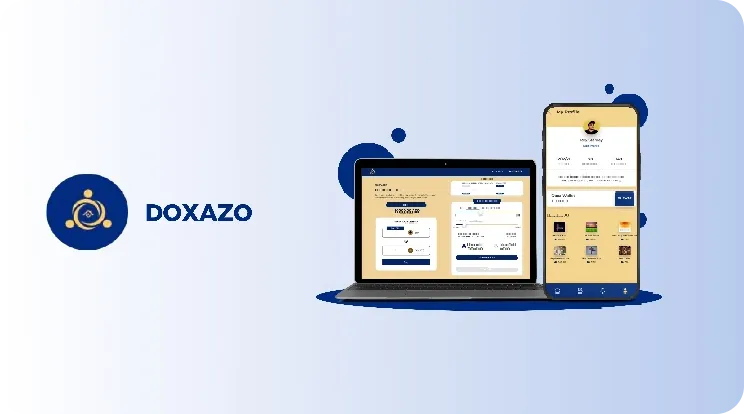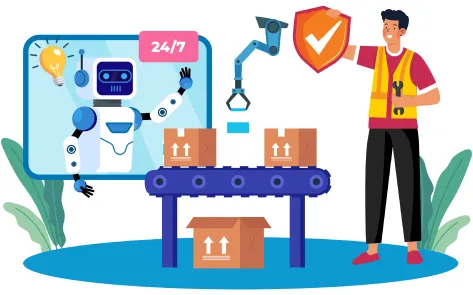
How Adaptive AI Is Revolutionizing Industries: 15 Real world Examples
May 21, 2025
Adaptive AI is a revolutionary force transforming industries across the globe. Unlike traditional AI, which relies on static models and pre-defined rules, adaptive AI learns, adjusts, and evolves based on real-time data and changing environments. This ability to self-improve allows adaptive AI to drive innovation and efficiency in diverse sectors like AI in Healthcare, AI in Manufacturing, AI in Finance, and more.
From AI-driven adaptive learning in education systems to using adaptive AI for predictive maintenance in industries, the possibilities are endless. This blog dives deep into how adaptive AI is reshaping industries, its benefits, challenges, and how businesses can leverage it to stay ahead in the competitive landscape.
Market Statistics
According to Precedence Research, the global adaptive AI market was valued at USD 1.04 billion in 2024 and is expected to reach around USD 30.51 billion by 2034, growing at a compound annual growth rate (CAGR) of 40.20% from 2025 to 2034. This growth is largely driven by the increased adoption of AI in healthcare, AI in manufacturing, and AI in finance, all powered by adaptive AI technologies.
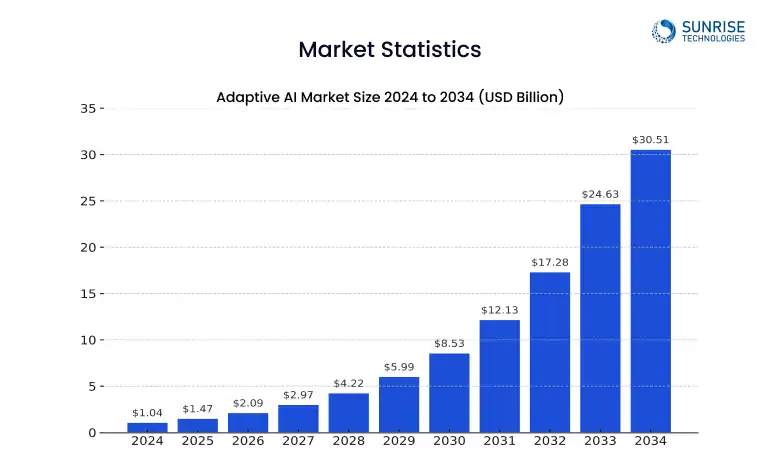
Traditional vs. Adaptive AI
The distinction between traditional AI and adaptive AI lies in their approach to learning. While traditional AI systems are designed with fixed algorithms and predefined rules, adaptive AI systems are more dynamic, capable of learning and evolving based on new data and experiences.
| Aspect | Traditional AI | Adaptive AI |
|---|---|---|
| Learning Approach | Relies on pre-programmed rules and fixed data modelS | Learns from new data and adapts over time. improving its accuracy |
| Flexibility | Limited to the scope of initial programming and training | Continuously evolves, adapting to changing data and environments |
| Use Cases | Suitable for repetitive, structured tasks with predictable patterns (e.g., automation) | Ideal for complex, dynamic environments like Al in healthcare, Al in retail, and Al in manufacturing, where decision-making must adapt in real-time |
| Data Handling | Handles static datasets or predefined scenarios | Can analyze and adjust to constantly changing or unstructured data |
| Example | Chatbots providing standard responses based on scripts | Personalizing customer experiences in Al-driven retail using real-time data |
Components of Adaptive AI for Improved Business Operations
To understand how adaptive AI operates and transforms industries, it’s essential to break down its core components. These elements enable adaptive AI to continuously evolve, learn from new data, and provide impactful solutions across various industries such as AI in healthcare, AI in retail, and AI in finance. Let’s explore the key components that make adaptive AI so powerful:
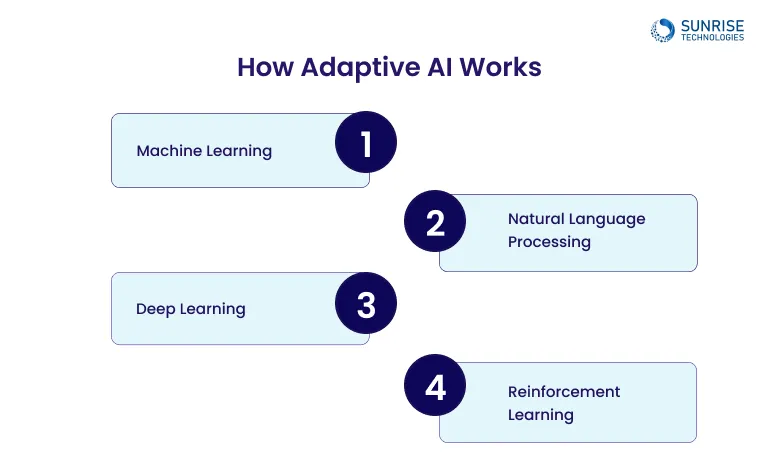
The backbone of adaptive AI, machine learning algorithms enable systems to learn from large datasets and improve over time. In AI in healthcare, for instance, ML is used to analyze patient data and predict medical outcomes, allowing for personalized treatments.
Natural language Processing empowers AI systems to understand and generate human language, making it an integral part of many applications. For example, in AI in retail, NLP helps chatbots interpret customer feedback, enabling personalized recommendations based on customer sentiment.
A subset of ML, deep learning leverages neural networks to detect intricate patterns within large datasets. In AI in finance, this component is essential for applications like fraud detection, where deep learning algorithms analyze transaction behaviors in real-time, identifying potentially fraudulent activities.
This method helps AI systems optimize their decision-making by learning from interactions with their environment. In AI in manufacturing, RL is crucial for enhancing production efficiency, allowing systems to adjust and improve based on real-time operational data.
15 Use Cases in Industry: Real-world examples of adaptive AI
Adaptive AI has proven to be a transformative force across a variety of industries, enabling businesses to leverage its capabilities for enhanced efficiency, predictive decision-making, and personalized experiences. With its ability to continuously learn and adapt to changing conditions, adaptive AI systems offer tailored solutions that can optimize processes, improve outcomes, and drive innovation across sectors.
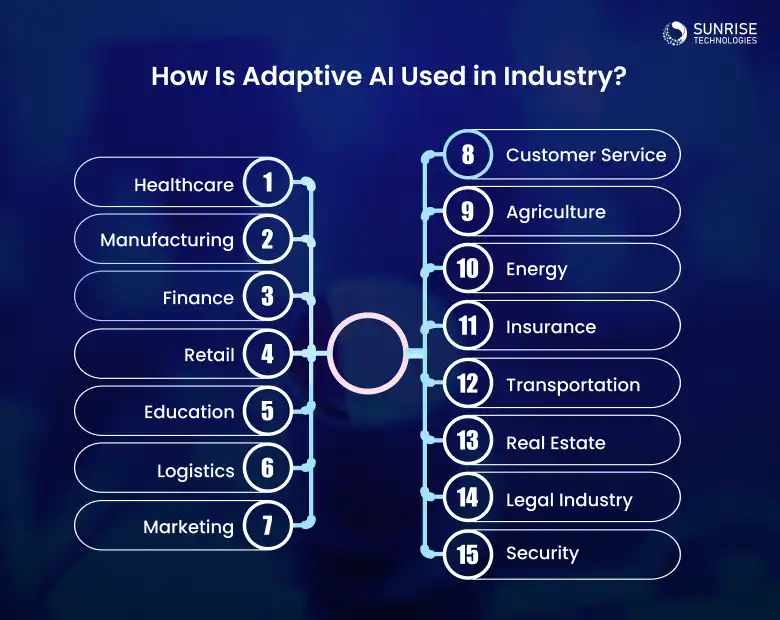
So, How adaptive AI improves healthcare patient outcomes? Yes, they are revolutionizing patient care through intelligent diagnostics, treatment recommendations, and personalized health management. AI-powered tools can analyze patient data, adapt to trends, and assist medical professionals in making informed decisions, improving patient outcomes.
Example: IBM Watson Health uses AI to assist healthcare professionals in analyzing vast amounts of medical data, helping to personalize treatment plans for patients and predict disease progression.
Adaptive AI helps manufacturers optimize operations, reduce downtime, and enhance productivity. Through predictive maintenance, real-time monitoring, and adaptive scheduling, AI ensures that machines run at peak performance.
Example: Real-world examples of adaptive AI in manufacturing like General Electric (GE) leverages adaptive AI in its industrial machines to predict maintenance needs, reducing unexpected downtime and improving efficiency.
Financial institutions use adaptive AI for real-time fraud detection, personalized banking experiences, and risk management. The system continuously learns from transactions and adjusts its algorithms to improve detection accuracy and decision-making.
Example: JP Morgan’s COIN (Contract Intelligence) uses adaptive AI to analyze legal documents and contracts quickly, saving time and resources while reducing errors in document processing.
Retailers are using adaptive AI to create personalized shopping experiences, optimize inventory management, and predict consumer behavior. By analyzing purchasing trends and customer preferences, AI in retail delivers targeted recommendations that drive sales and customer satisfaction.
Example: Adaptive AI applications in retail for personalized experiences like Amazon’s recommendation engine, uses adaptive AI to suggest products based on past purchases, browsing history, and user preferences.
AI-driven adaptive learning in education systems offering personalized learning experiences. AI can adjust the curriculum based on individual learning paces, identify knowledge gaps, and recommend customized learning materials.
Example: Platforms like Khan Academy use AI to personalize learning for students, adapting the content based on their performance and helping them to learn at their own pace.
Adaptive AI in logistics optimizes supply chain management and logistics by predicting demand, improving route planning, and ensuring timely deliveries. Real-time data analysis allows logistics companies to adapt to market shifts and improve efficiency.
Example: DHL uses AI-powered systems to predict shipment demand and optimize delivery routes, reducing operational costs and improving delivery times.
Adaptive AI is used for dynamic content creation, customer segmentation, Advertising and campaign optimization. By continuously analyzing customer data, AI helps marketers deliver personalized advertisements and messaging in real-time.
Example: Coca-Cola uses adaptive AI for personalized advertising, analyzing customer behavior to deliver targeted promotions and increase engagement.
Adaptive AI enhances customer service through intelligent AI chatbots and virtual assistants that learn from interactions and improve responses over time. These systems provide efficient support while reducing human workload.
Example: Chatbots like Drift and Intercom use adaptive AI to respond to customer inquiries, providing instant solutions and improving user experiences.
Adaptive AI in Agriculture assists farmers by predicting weather patterns, optimizing irrigation systems, and analyzing crop health. It enables precision farming that improves yield while reducing resource usage.
Example: John Deere uses AI-powered machinery to monitor soil health and crop growth, providing farmers with insights that improve productivity and sustainability.
Adaptive AI in energy management systems are used to optimize power distribution, predict energy demand, and improve efficiency in energy consumption. AI-driven smart grids adapt to usage patterns and adjust operations accordingly.
Example: Siemens uses AI to optimize energy consumption in smart grids, helping businesses and homes lower costs and reduce carbon footprints.
Adaptive AI in the insurance industry helps with risk assessment, policy personalization, and claims management. By analyzing large amounts of data, AI systems can adapt and create tailored policies based on individual needs.
Example: Lemonade uses adaptive AI to process insurance claims quickly and efficiently, offering a seamless experience to customers.
Adaptive AI is helping transportation companies optimize route planning, reduce fuel consumption, and predict vehicle maintenance needs. This reduces costs and improves service delivery times.
Example: Uber uses AI to optimize ride-sharing routes, predicting the fastest routes based on traffic data and customer demand.
AI in real estate, adaptive AI helps assess property values, predict market trends, and personalize home search experiences for buyers. It enables better decision-making based on real-time market analysis.
Example: Zillow’s AI tools help estimate home values (Zestimate) and predict future market trends, making home-buying decisions easier for consumers.
Adaptive AI helps law firms analyze case data, automate legal research, and predict case outcomes. This allows lawyers to focus more on strategy while reducing time spent on routine tasks.
Example: Legaltech companies like ROSS Intelligence use AI to help lawyers with legal research by continuously learning from case law and other legal documents.
Adaptive AI enhances security by detecting threats in real-time, adapting to new attack patterns, and providing proactive cybersecurity protection for digital and physical assets.
Example: Darktrace uses AI to identify potential cyber threats, adapting its models in real-time to detect and prevent sophisticated attacks.
Future-proof your business with self-learning AI for a competitive edge.
Challenges and Solutions for Implementing Adaptive AI in Businesses
Implementing adaptive AI in businesses comes with challenges such as high implementation costs, data privacy concerns, and the need for skilled personnel. However, these challenges can be mitigated by ensuring proper data governance, leveraging cloud-based AI solutions, and providing employee training.
Companies like Google and Microsoft offer AI in finance solutions that help businesses overcome these challenges with scalable, secure, and easy-to-integrate AI platforms.
Benefits of Adaptive AI in Healthcare, Retail, and Beyond:
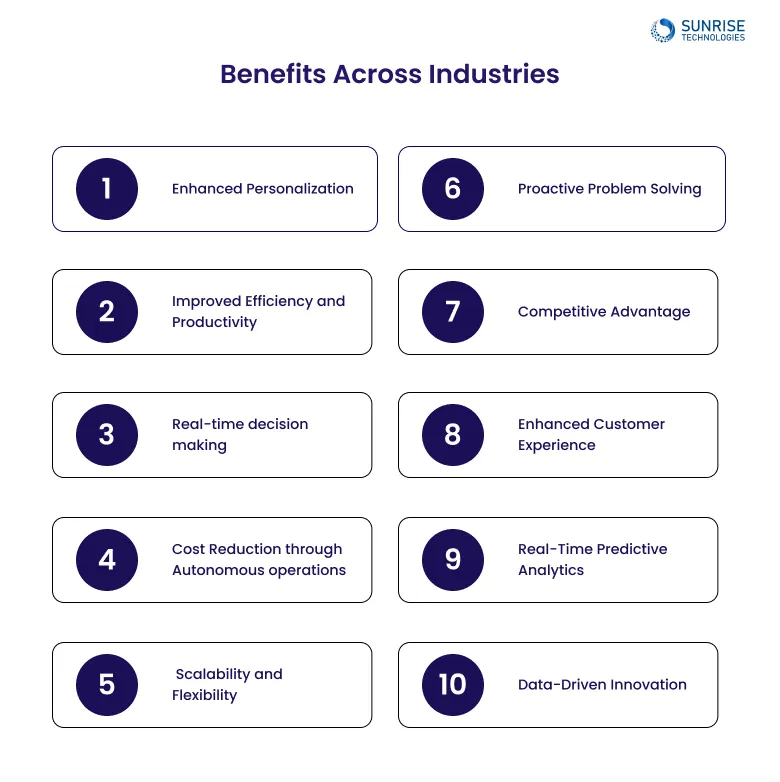
Adaptive AI is revolutionizing industries by continuously learning from data and improving its decision-making capabilities. Here are the key benefits:
Adaptive AI enables businesses to deliver hyper-personalized experiences by analyzing real-time data and understanding individual preferences.
By continuously learning and optimizing processes, adaptive AI reduces operational inefficiencies, enabling businesses to streamline workflows and boost productivity.
Adaptive AI offers real-time analysis and actionable insights, allowing businesses to make quicker and more accurate decisions, even in complex environments.
By automating routine tasks and optimizing resources, adaptive AI helps businesses reduce costs while maintaining high-quality standards.
Adaptive AI systems can evolve and scale alongside business needs, allowing companies to adapt to market changes, customer demands, and new challenges without needing to overhaul existing systems.
Adaptive AI can predict and address issues before they arise by analyzing historical and real-time data, leading to proactive problem-solving.
By leveraging adaptive AI, businesses can stay ahead of competitors by improving innovation, reducing time-to-market, and offering cutting-edge solutions that adapt to changing market conditions.
Adaptive AI learns from customer interactions and continuously enhances its responses, ensuring more accurate and satisfying customer service.
With adaptive AI, businesses can predict future trends, behavior, or issues based on historical data, helping them plan effectively for the future.
By continuously learning from vast amounts of data, adaptive AI enables companies to discover new insights and create innovative products or services that were previously unimaginable.
The Future of Adaptive AI
The future of adaptive AI is bright. As technology continues to evolve, we can expect even more industries to adopt AI in logistics, AI in retail, and AI in manufacturing solutions that drive efficiency, enhance customer experiences, and create new business opportunities. The continued development of adaptive AI systems will lead to smarter cities, more personalized healthcare, and smarter manufacturing processes.
Partner with Sunrise Technologies
Looking to integrate adaptive AI into your business? Partner with Sunrise Technologies, a leader in AI-driven business solutions. Our team of experts helps businesses from various sectors, including AI in healthcare, AI in finance, and AI in education, unlock the full potential of adaptive AI to drive growth, innovation, and efficiency.
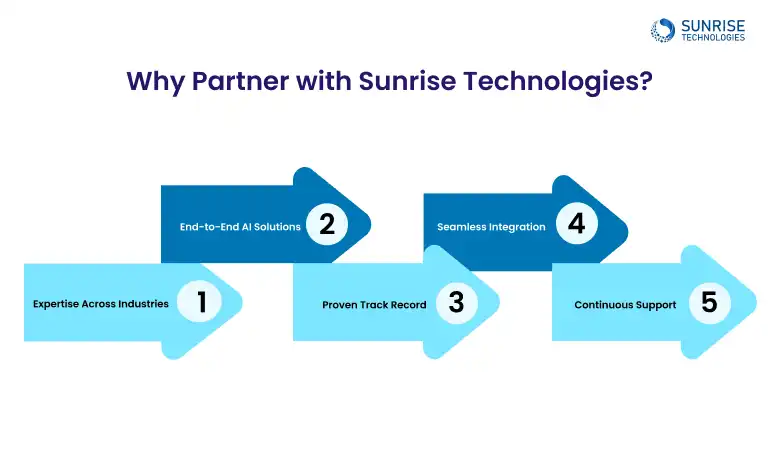
- Expertise Across Industries:Our team specializes in implementing adaptive AI solutions in AI in healthcare, AI in finance, AI in education, and more, ensuring tailored solutions for every sector.
- End-to-End AI Solutions: From strategy development to deployment, we offer comprehensive AI solutions that help businesses leverage the power of adaptive AI to streamline operations and improve outcomes.
- Proven Track Record: With a history of successfully delivering AI-driven solutions, we are committed to driving business growth and fostering innovation with adaptive AI technologies.
- Seamless Integration: We ensure smooth integration of adaptive AI systems with your existing infrastructure, enabling businesses to scale and stay ahead in a competitive market.
- Continuous Support: Our partnership doesn't end at implementation. We provide ongoing support to help you maximize the potential of adaptive AI and ensure continuous improvements.
Final thoughts:
Adaptive AI is poised to revolutionize industries by providing real-time, self-learning solutions that continuously evolve to meet business needs. Whether it’s improving patient outcomes in healthcare, streamlining manufacturing processes, or delivering personalized experiences in retail, the power of adaptive AI is clear. As businesses continue to embrace this transformative technology, they’ll unlock new opportunities for growth and innovation.
At the forefront of this shift, Sunrise Technologies stands as a leading provider of Adaptive AI development services, helping enterprises build intelligent, future-ready systems tailored to their evolving challenges and goals. Let’s fuel your growth with adaptive, smart, and scalable AI.
Leverage real-time innovation for a smarter, agile future with a solution that evolves with your business. Let Sunrise Technologies guide the way.
Adaptive AI continuously analyzes patient data to tailor treatments and predict outcomes, leading to more personalized care and improved patient outcomes.
Companies like General Electric use adaptive AI to predict maintenance needs and optimize production processes, significantly reducing downtime and improving efficiency.
Adaptive AI helps financial institutions detect fraud, predict market trends, and offer personalized services, enhancing customer satisfaction and operational efficiency.
AI in retail uses adaptive AI to recommend products based on customer preferences, improving customer satisfaction and increasing sales.
Challenges include high implementation costs, data privacy concerns, and the need for skilled professionals. Solutions include using cloud-based platforms and ensuring strong data governance.
Sam is a chartered professional engineer with over 15 years of extensive experience in the software technology space. Over the years, Sam has held the position of Chief Technology Consultant for tech companies both in Australia and abroad before establishing his own software consulting firm in Sydney, Australia. In his current role, he manages a large team of developers and engineers across Australia and internationally, dedicated to delivering the best in software technology.


